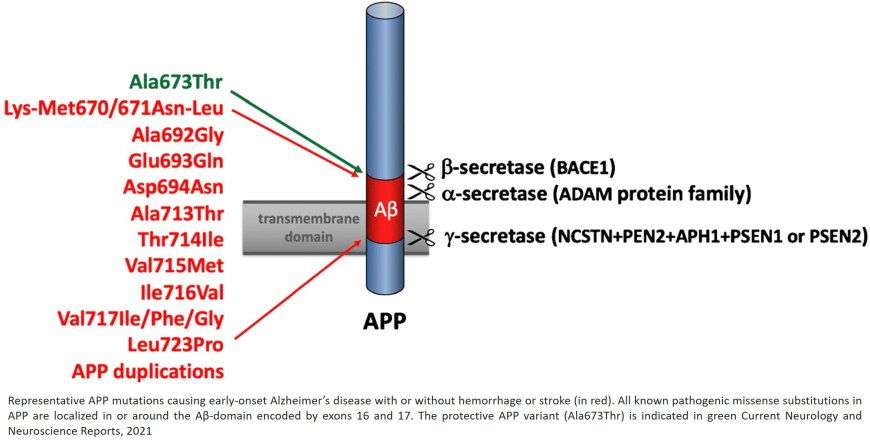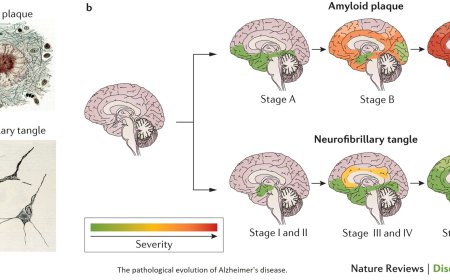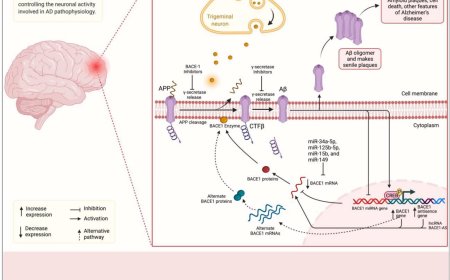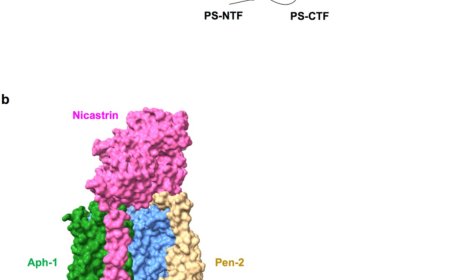Early-Onset Familial Alzheimer's Disease

Early-Onset Familial Alzheimer's Disease (EOFAD) is a rare form of Alzheimer's disease that affects people under the age of 65, often in their 40s or 50s. Here's an overview of EOFAD:
Causes and Risk Factors
1. Genetic mutations: EOFAD is caused by inherited mutations in one of three genes: APP, PSEN1, or PSEN2.
2. Autosomal dominant inheritance: EOFAD follows an autosomal dominant pattern, meaning that a single copy of the mutated gene is enough to cause the disease.
3. Family history: People with a family history of EOFAD are at increased risk of developing the disease.
Symptoms and Diagnosis
1. Early cognitive decline: EOFAD is characterized by early cognitive decline, often in the 40s or 50s.
2. Memory loss and dementia: Symptoms include memory loss, language difficulties, and dementia.
3. Genetic testing: Genetic testing can confirm the presence of a mutated gene and diagnose EOFAD.
4. Imaging and biomarkers: Imaging tests (e.g., MRI, PET) and biomarkers (e.g., amyloid-β, tau) can support the diagnosis.
Treatment and Management
1. Current treatments: There is no cure for EOFAD, but current treatments can help manage symptoms, such as cholinesterase inhibitors and memantine.
2. Clinical trials: Researchers are exploring new treatments, including disease-modifying therapies, in clinical trials.
3. Supportive care: Supportive care, such as counseling, caregiver support, and palliative care, is essential for people with EOFAD and their families.
Research and Future Directions
1. Genetic research: Ongoing research aims to understand the genetic mechanisms underlying EOFAD and identify new therapeutic targets.
2. Biomarker development: Researchers are working to develop biomarkers for early detection and monitoring of EOFAD.
3. Personalized medicine: The development of personalized treatments tailored to individual genetic profiles is a promising area of research.
Resources
1. Alzheimer's Association: A comprehensive resource for information on EOFAD, including diagnosis, treatment, and support.
2. National Institute on Aging: A trusted source for information on aging and age-related diseases, including EOFAD.
3. Rare Alzheimer's Disease Support: A support group for people with EOFAD and their families.
https://sciencemission.com/Early-Onset-Alzheimer%E2%80%99s-Diseas













